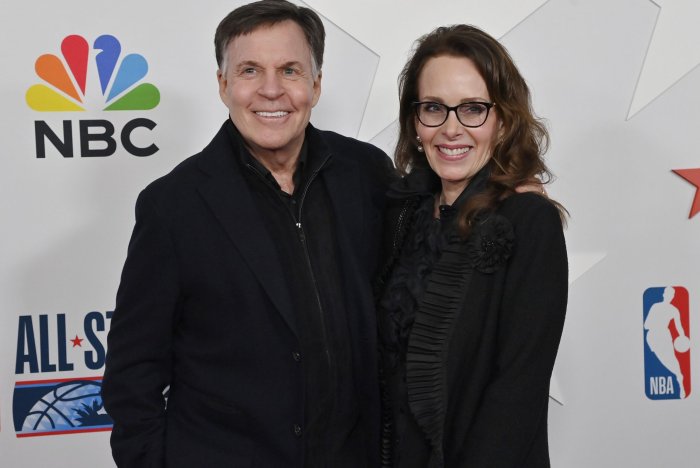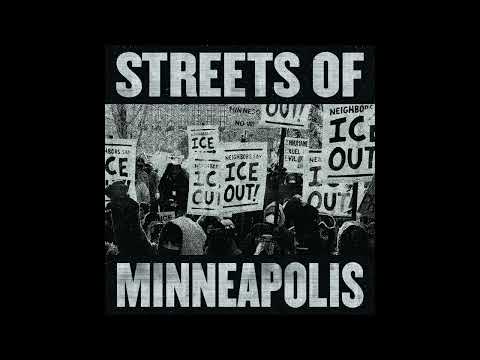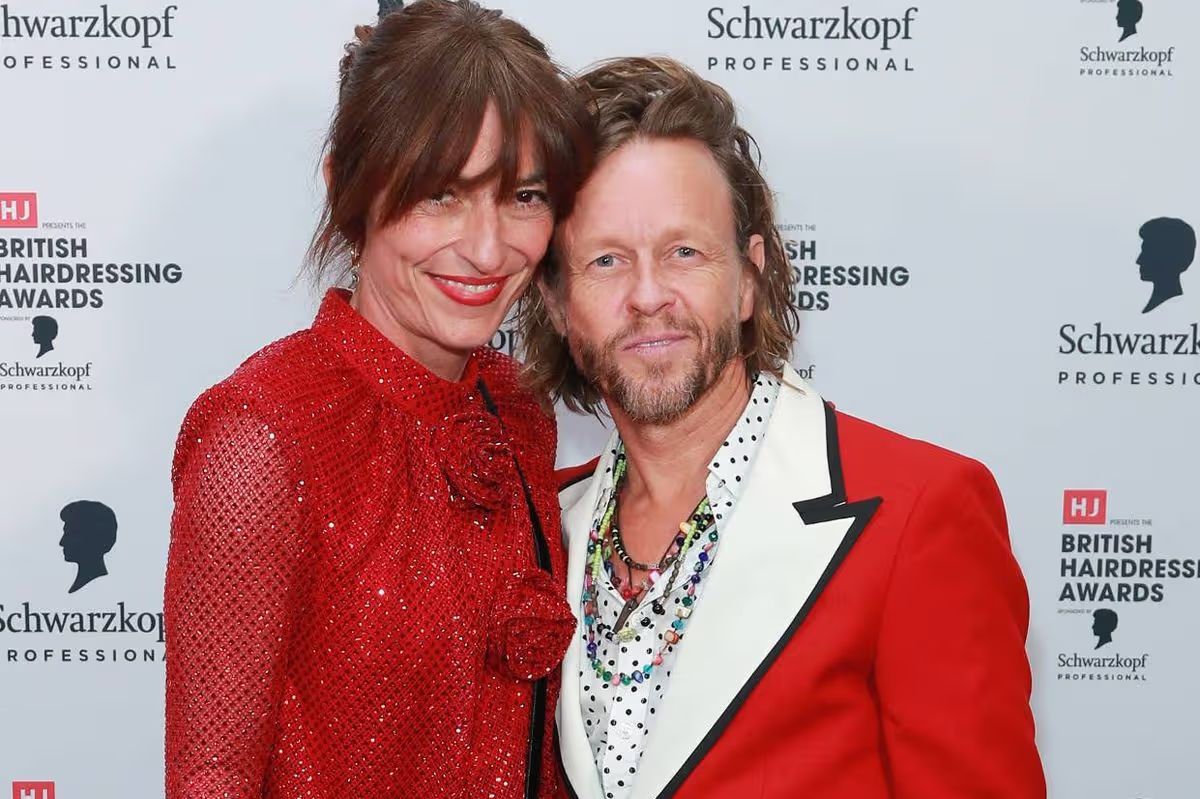Davina McCall married her long-term partner during an ‘absolutely beautiful’ ceremony recently, just months after the couple announced their engagement following a trip to Ibiza
Davina McCall broke down in tears during an emotional discussion with husband Michael Douglas. Davina and Michael tied the knot recently in an “absolutely beautiful” ceremony in front of their friends and family.
It came just three months after Davina, 58, announced that she and celebrity hairstylist Michael got engaged during a trip to Ibiza. The couple first started dating in 2018, having met originally on the set of Big Brother in 2000.
Their marriage came after a difficult year for Davina, who underwent surgery in November 2024 after medics discovered a colloid cyst on her brain. Just over a year later she revealed she had been diagnosed with breast cancer after finding a small lump.
Now on the Making the Cut podcast, Davina’s husband Michael praised the television presenter for using her fame to speak candidly about her health battles and “help a lot of people”.
It came after Michael recently read Bruce Springsteen’s autobiography. In the book, the Boss spoke candidly about his music and his life, something Michael said he found to be a “therapeutic experience”.
Michael said: “I realised the important role that famous people can have in regular people’s lives. Bruce putting his life in the paper or out there has helped me.
“I realised what it means to be married to someone like you who also does that and what it’s like to be around someone who puts themselves out in a way that is to benefit and help other people and I want to say, well done you.
“I realise what you stand for for a lot of people and I see them stop you in the street and say how grateful they are for what you decided to do with your fame and your time. In a way that Springsteen helped me, I realised you helped a lot of people.”
The touching words from her husband made The Masked Singer panellist Davina audibly tear up. Davina will return to screens with Long Lost Families tonight (January 29) from 9pm on ITV One.
The series sees Davina and co-host Nicky Campbell reuniting people with their loved ones. Tonight the series will visit Mandy whose parents had a baby girl they placed for adoption, she is now attempting to find her long-lost big sister.
Elsewhere Jane thought she was an only child until her mother revealed she had a baby boy 11 months before her. Jane now wants help finding her long lost brother who was put up for adoption.
Davina has previously spoken about the emotions she feels when reunited siblings, especially because she lost her sister to cancer in 2012. Caroline, 50, was diagnosed with lung cancer after being rushed to hospital after suffering a suspected stroke.
Speaking to Love TV, she said: “Sometimes with siblings, it’s quite hard and painful, because one sibling might have grown up with their birth family, while the other was placed for adoption. There’s a lot to unpack there, you know?”
Davina says the show’s genealogists occasionally track people down who weren’t even aware they had a sibling. “Imagine being gifted a sibling out of the blue, it would be absolutely mad,” she added.





